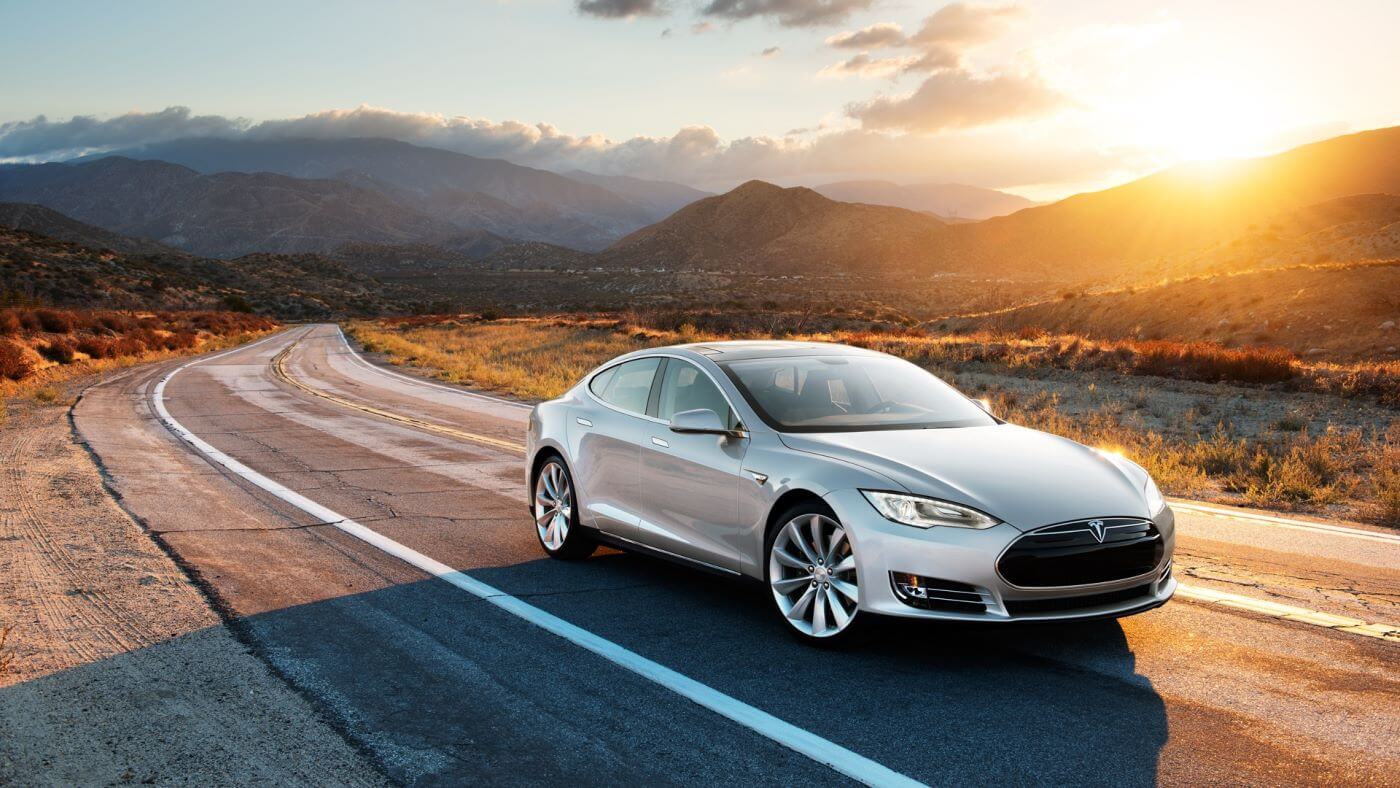Contents:
- Petrol cars pros & cons
- Diesel cars pros & cons
- Hybrid cars pros & cons
- Plug-in hybrid cars pros & cons
- Electric cars pros & cons
- Petrol vs Diesel cars
- Petrol & Diesel vs hybrid cars
- Hybrid vs plug-in hybrid cars
- Hybrid cars vs electric cars
For many years, there were basically only two methods of fuelling cars in the UK: diesel or petrol. But, over the past decade, we’ve started seeing several new methods of powering vehicles appear, with a shift towards more eco-friendly energy sources. That said, only about 3% of the UK fleet was powered by anything other than petrol or diesel in 2020 according to the ONS.
Nowadays, it’s no longer just a question of a petrol or diesel car – you can add in various forms of hybrid, plus electric vehicles to your list (we’ve excluded things like hydrogen-powered engines, since they aren’t widely available in the UK yet).
It’s great you’ve got more options, but at the same time, all that choice can be pretty head-spinning! But have no fear, Motors’ experts are here to guide you through your options.
What are the different ways to power a car?
For most of the last 100-odd years, diesel or petrol have been the main fuels used to power practically all cars. We get them by distilling crude oil. It’s then a case of putting the fuels into your car engine, igniting them with a spark, and hey presto – you can drive!
However, it’s become increasingly clear that diesel or petrol cars are damaging the environment through their emissions of carbon dioxide. What’s more, there’s a limited supply of oil in the ground, so eventually we’re going to have to find an alternative.
All this means that various ‘new’ methods of powering cars are catching on. Let’s look into each of them, to see their pros and cons, and how they work.



